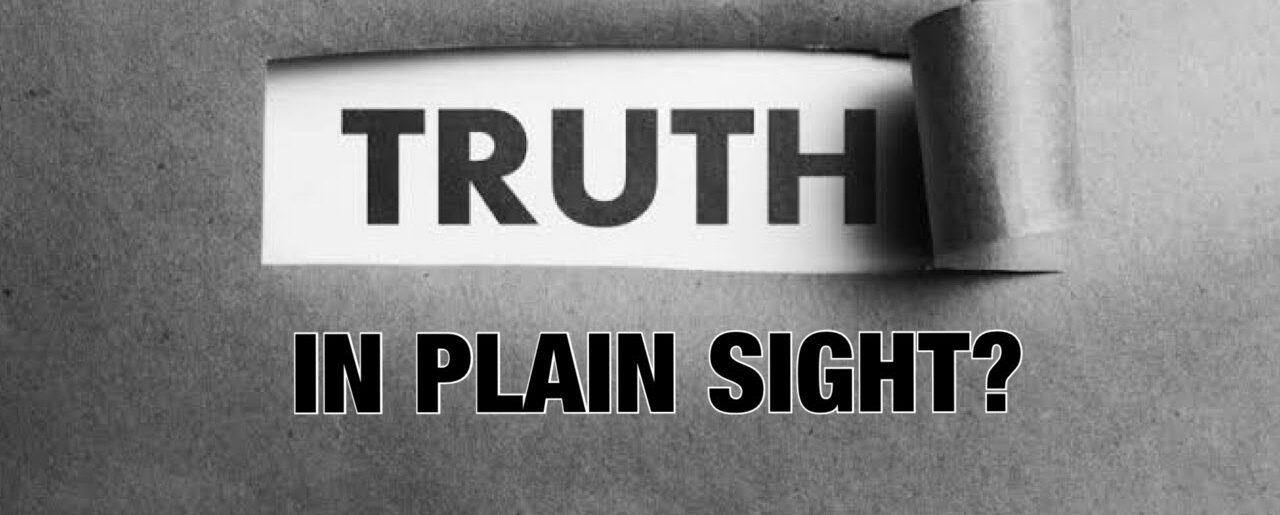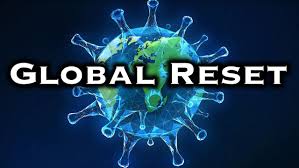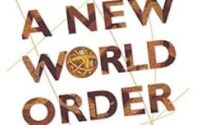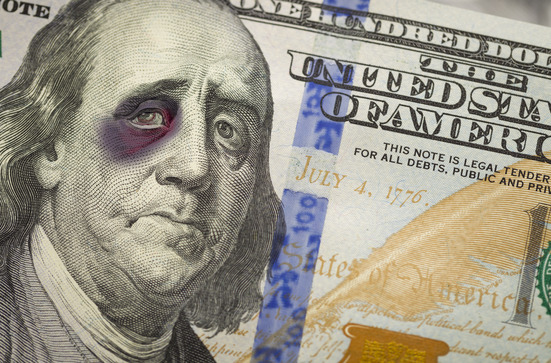Justin Trudeau Uses “Administrative Action” To Ban All Handgun Sales In Canada
Using mass shooting events in the US as an excuse, PM Justin Trudeau has been tinkering with the idea of banning or “freezing” firearms in Canada since this summer and now it appears that he is ready to take unilateral measures. Trudeau is placing a nationwide freeze on the sale, purchase and transfer of handguns, effective immediately and sidestepping legislators and political opponents in parliament.
The measure is considered an “administrative action,” much like executive orders used by presidents in the US as a means to circumvent the constitution and checks and balances in government. Such direct restrictions are often subject to extensive legal obstacles and, at least in the US, can be ignored by states and the public at large (as we witnessed with the covod mandates over the past two years).
“When people are being killed, when people are being hurt, responsible leadership requires us to act,” Trudeau said at a news conference on Friday, announcing the new measure. “Recently again, we have seen too many examples of horrific tragedies involving firearms.”
Again, the trigger for Trudeau’s war on firearms rights in Canada started with mass shootings in the US, not Canada. Though, it might not be far fetched to point out that the Prime Minister and regular attendee of the World Economic Forum took a sudden strong interest in gun control not long after the enormous Trucker Convoy protests against Canada’s draconian attempts at vaccine passport laws.
The trucker protests inspired widespread dissent in Canada and the refusal of freight workers to comply could have paralyzed the country’s supply chain. This led to an attack campaign by the government and the mainstream media, seeking to portray the anti-passport movement as “terrorists” simply for not wanting what they felt was a suspect mRNA cocktail injected into their bodies. As pharma giant Pfizer recently admitted under oath, they never tested the vaccine to see if it prevents transmission.
A realization that non-compliance was far more prevalent than the establishment assumed resulted in numerous bizarre narratives and legislative actions in the US and Canada in an attempt to suffocate rebellion. Gun control has been consistently broached as a primary goal of the same people that were desperate to enforce mandates and passport requirements but failed. It is unlikely that this is pure coincidence.
Canada is one of the few countries in the world with gun access on a wide scale similar to the US, though permits are still required, making firearms more of a privilege than a right. Trudeau is hellbent on whittling away Canadian gun ownership, and seems to be following a model similar to the UK. The UK banned the majority of guns starting with handguns and then incrementally restricting the rest.
Propagandists in the UK and the EU will claim that gun ownership is “legal” when calling for further limitations in the US. This is a bit of a con based on the fact that permits can be had, but are rarely given by the government. In most countries in Europe the ownership of a firearm is relegated to the upper middle class and the rich – People who can afford the permit process, classes and high fees involved. These people usually have a spotless record, own property and must be able to provide a “reason” for owning a gun that government bureaucrats will accept.
A large portion of firearms in private hands in the UK are shotguns, perhaps the most useless weapon for rebellion given its limited range, which is why most authoritarian regimes will still allow citizens to own them long after banning everything else. Permit holders in the UK are only around 3% of the total population.
At bottom, gun control laws tend to follow a pattern which gives the public a false sense that they still have firearms access when the majority of them actually do not and never will. The rich get the guns while the middle class gets nothing, and this is by design. The differences with the US in terms of individual rights is vast. Canada may be going in the same direction as the UK and Europe if Canadians do not act accordingly.



